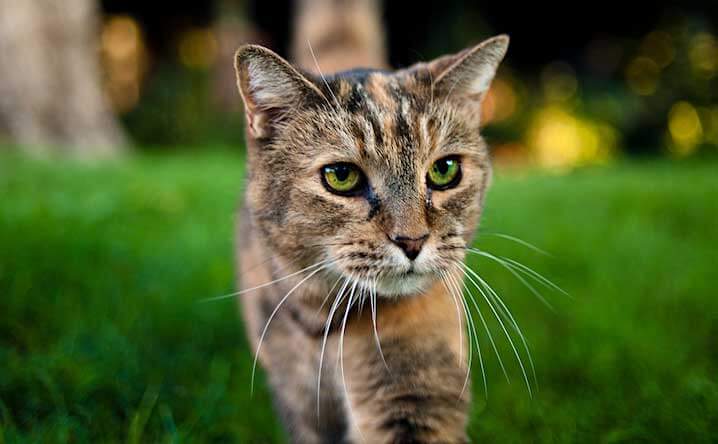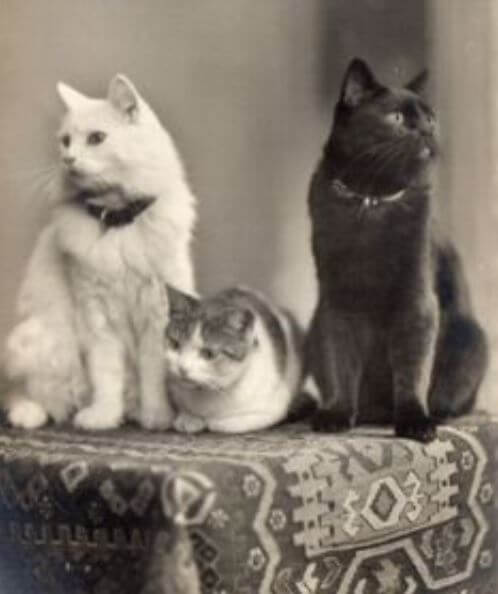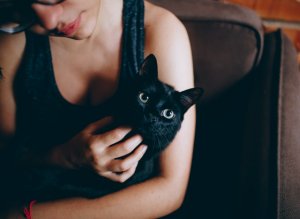 The rain came down hard and the streets flooded on the evening Marilyn Monroe died. It was August of ’62 in Los Angeles, with people focused on their everyday problems that felt like a sort of death to them before they saw the morning paper. It’s only when actual death stares you in the face that you can have some perspective.
The rain came down hard and the streets flooded on the evening Marilyn Monroe died. It was August of ’62 in Los Angeles, with people focused on their everyday problems that felt like a sort of death to them before they saw the morning paper. It’s only when actual death stares you in the face that you can have some perspective.
My mother and I were in the car with her friend, a chubby woman whose name I can’t remember and who was kind and respectful and laughed like her funny bone had been properly tickled. My mother had asked her to pull over in front of the newsstand on that Sunday morning and the headline announced the news that shocked the world. The rain was still coming down hard and my mothers shoes were soaked and I sat motionless in the back seat as they both began to sob.
I don’t remember us being dropped off, but suddenly we were walking down the driveway that glistened with the now drying rain. Then she opened the gate and we walked quickly up to the guest house in the back of the yard. The writer’s cat had been sequestered in the bushes next to the front door and slipped in beside us before I closed the door.
She was an older tabby with green eyes. The writer didn’t notice her gone while he was hunched over his typewriter and deep in thought for hours on end. As if on cue, she would scratch at the front door for us to let her out right before he began to worry and came looking for her.
On this day, she was happy to have company and a dry place to sit and visit. I stroked her fur and forgot all about Marilyn for awhile. We didn’t have television, so it wasn’t until my mom joined me on the rug that she began to read the newspaper article aloud. She wasn’t reading to me, just to herself in a voice that allowed her sadness to leave her insides and dissipate through the room. Then she began to cry again, and showed me how the cardboard inserts in her flats had become soaked by the rain, rendering them a pile of mush to add to the paper sack filled with our trash. Finally, I couldn’t breathe inside the guest house any longer. I walked the writer’s cat back up to the main house before depositing what was left of the brown paper sack into the garbage can on the side of the driveway.
Five years later we were living in Miami with cats of our own. There was a big white cat my mother called “Connie Cat” because she said she reminded her of me. The little one was Whisper due to her soft-spoken meow. Midnight was the tallest and black like the night. I thought we’d have them forever, but the following year they disappeared, one by one.
Winnie, the mean old lady next door whose husband had hung himself the year before put out some rat poison. Supposedly it was meant for the rats in her foliage and Connie Cat, the most trusting of the trio ate some and died in front of us one evening. Whisper was hit by a truck up on the highway and one of the neighbors told us. Midnight lasted the longest, but one day he was gone and we made up stories about him and his magical powers so we didn’t have to think about the truth of his demise.
Around this time I began to have recurring dreams about my younger childhood in Los Angeles. The writer had lived next door to our apartment building and had two Siamese cats under his bed. His name was Gene Fowler and we loved listening to his stories about Hollywood and movies and what he had written. I used to sit on the bed, next to Gene’s two grandchildren while the cats waited for us to dangle an arm or a leg over the side so they could reach out and attack us with an outstretched claw. One of them got me more times than not. It was lots of fun, until the scratches drew blood and caused me to run into the living room to cry to my mother. She told me that Siamese cats were known for not liking children, but the writer said that wasn’t true at all.
For decades I had no cats and did no writing. I never associated the two things until much later. The cats I have now are Maggie the Cat and Mooch. Maggie belonged to writer Geoff Hoff and came to live at my house just three days after Geoff died unexpectedly of a heart attack on November 15th, 2015. She mistakenly assumed she’d be an “only pet” at my house. When she discovered there were several small dogs and one other cat she was sufficiently insulted to remain in a walk-in closet for almost two days before emerging. As for Mooch, she was easily intimidated but I encouraged her to hold her own. She and Maggie mixed it up a couple of times before settling into a livable routine, where she defers to Maggie as the reigning queen and silently waits for human intervention throughout each day.
We often tell people that Maggie is the smartest living creature at our house and it definitely is true. She displays characteristics that sometimes dumbfound me with their prescience. She is at once the creature that annoys me and endears herself to me: My friend, my charge, my muse. When the page is blank, I search my memories for inspiration and there she is at my feet. She playfully teases me about my limited vocabulary, my insecurity with my writing, and my success as an author, all the while reminding me that it is only I who can make my stories come to life. Maggie validated my long-held belief that you never really own a cat: Cats own us at all times and under all circumstances. It’s a wild ride and totally worth the experience, in my opinion.
The writer’s cat brings a warm glow to an otherwise cold work table. If only cats could type, I think, and there is Maggie walking across my keyboard, on her way to yet another nap. Does she dream of being an eyewitness to Marilyn Monroe’s final hours on that rainy, rainy night, or of adventures she had with Geoff during their three years together?
I’m Connie Ragen Green, lover of all creatures and storyteller of memories worth waiting to read and hear. Come along with me, if you will, and we’ll explore the narrow streets of London, a place where Indian cuisine and bookstores come together in a mystical way. And yes, there is always a cat, ready and willing to be a part of the story.


Leave a Reply